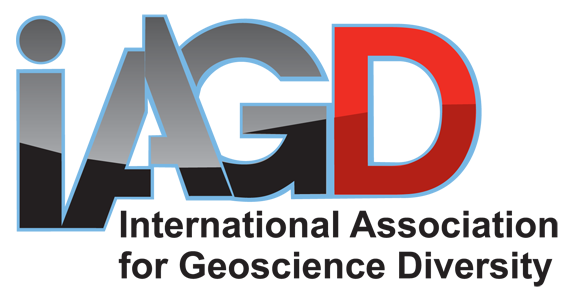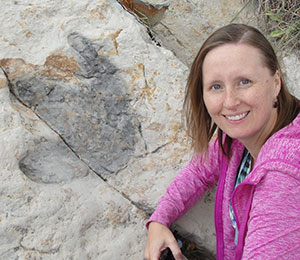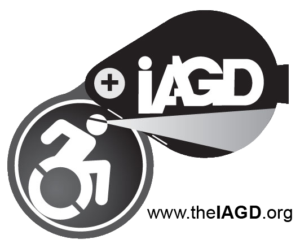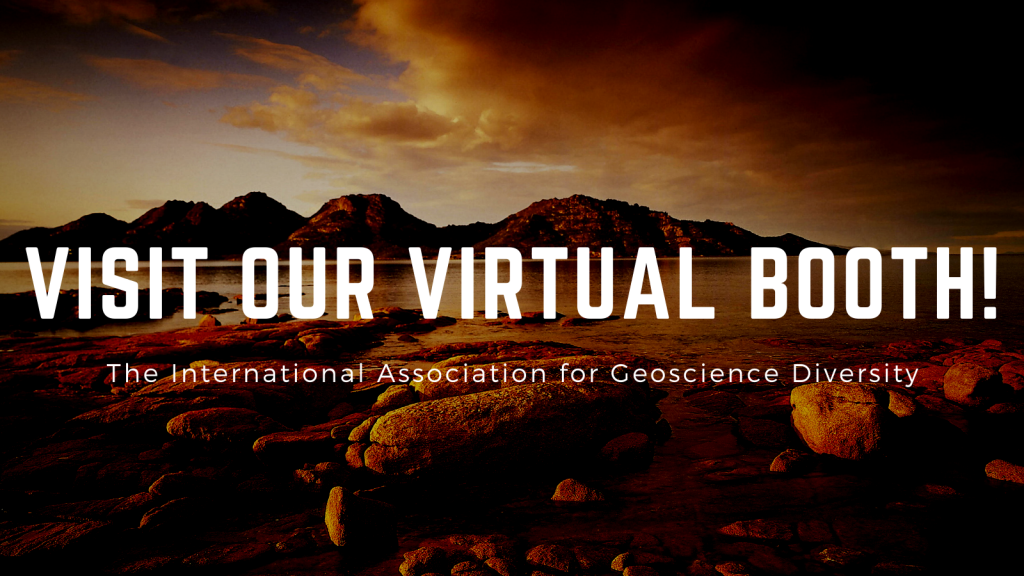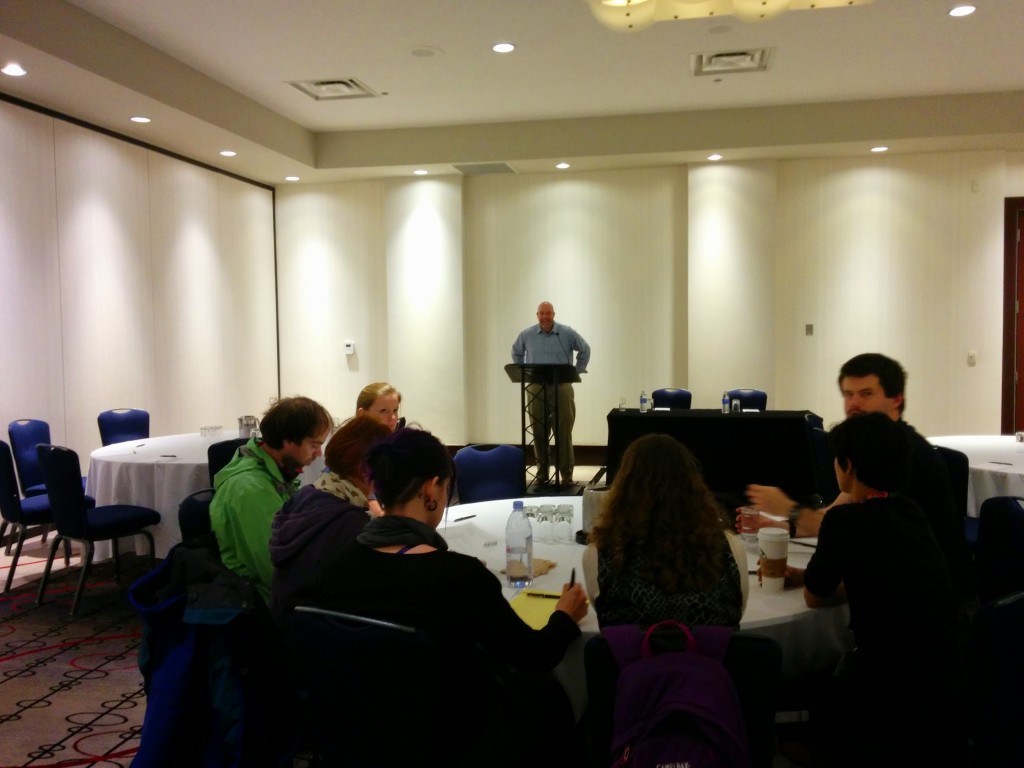4. Events and Activities at the 2014 GSA Annual Meeting
IAGD Annual Meeting:
Don’t forget to attend the IAGD Annual Meeting on Sunday afternoon, October 19! We pride ourselves in making sure that this meeting does not last longer than one hour! The exact time and location of the meeting will be announced soon.
Accessible Field Trip:
The IAGD is pleased to offer a completely accessible field trip at the 2014 GSA Annual Meeting in Vancouver, British Columbia, Canada. “Full Access to the Geology of the Sea to Sky Highway” will include 15 students with disabilities interested in earth science, and 15 current geoscience instructors who would like to learn more about leading trips for students with diverse physical abilities. Instructors and students will be paired and will navigate this accessible and interactive trip together.
Through awards from both the National Science Foundation and the Society for Exploration Geophysicists, we are very excited to be able to provide travel support to all student and faculty participants!
There are still student and faculty spaces available for this field trip, and we need your help to promote this opportunity. Please share this information with any students and/or faculty who might be interested in attending. For more information, please visit: Accessible Geology Field Course In Vancouver, British Columbia. You may also contact Brett Gilley at bgilley@eos.ubc.ca or Chris Atchison at catchison@gsu.edu for direct information and to express interest.
IAGD Booth in the Exhibit Hall:
This year, the IAGD can be found at Booth #319 in the Exhibit Hall. Stop by, say hello, pick up a sticker for your name badge and learn about various events and activities being held during the meeting.
Diversity-related Sessions:
The two proposed sessions listed below address issues of diversity in the geosciences or workforce development. If you are attending GSA this year, please consider submitting abstracts to these sessions. The deadline to submit abstracts is July 29th and can be done at: http://community.geosociety.org/gsa2014/science/sessions
T52. Preparing Our Workforce (POW): Increasing Students’ Employability by Developing Practical Skills and Competencies
Convenors: Heather R. Houlton, Richard Spruill, Ann Johnson
Retirement of professionals is causing an increased demand for trained geoscientists in the private sector. To meet this demand, we need to effectively prepare students to enter the workforce by developing practical skills and competencies.
T58. Global Geoscience Education Research: Fostering Collaboration across Geographic and Cultural Borders
Convenors: Jacqueline Dohaney, Alison Jolley
This session aims to highlight geoscience education research themes and challenges across cultural, national, and geographic borders to unite a globally relevant but disjointed research community.
T62. Supporting Student Success in Colleges and Universities
Convenors: Robert H. Blodgett, Norlene R. Emerson, Bruce E. Herbert
Presentations can address working with underserved subpopulations (e.g. first generation students, students with disabilities), promoting self-reflection and metacognition, motivating students, improving study skills, reducing math/science/nature anxiety and stereotype threat, and other topics.
T78. Engaging the Next Generation of Geoscientists: Effective Educational Strategies That Broaden Participation and Prepare Diverse Learners for Advanced Study and Careers in the Earth Sciences
Convenors: Shondricka Burrell, LeAnne Teruya
This session focuses on effective educational practices, strategic course design, and methodologies that foster learning, demonstrate relevance, develop critical thinking/problem-solving skills, broaden participation, and engage communities historically underrepresented in STEM in the study of geology.
T148. Increasing Diversity in Geological Survey Workforce
Convenors: Harvey Thorleifson, Vicki S. McConnell, Jonathan G. Price, Marilyn J. Suiter
Diversity in leadership and workforce in (state) geologic surveys is important in establishing a talented worker pool and embracing diverse scientific ideas. This session shares strategies for innovative and successful programs.
